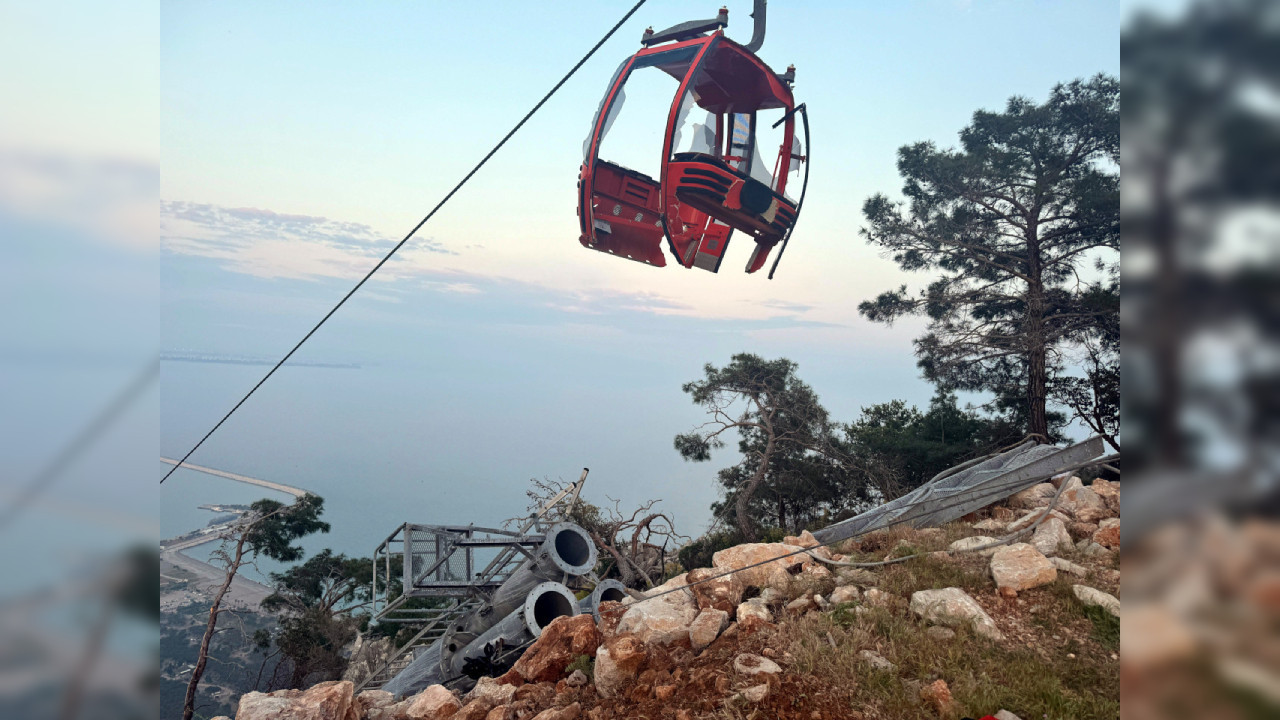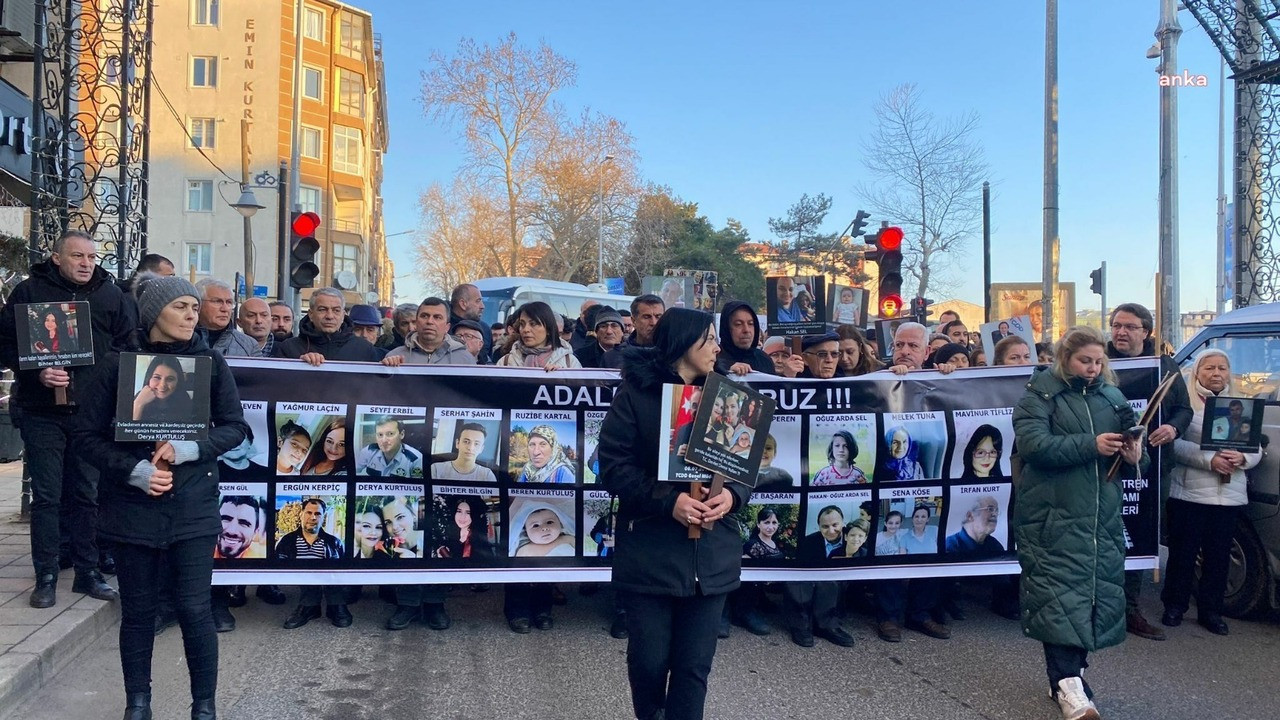Turkish police detain 13 in connection to cable car accident
Turkish police have detained 13 people in connection with the April 12 cable car accident that left one dead and 17 injured in the Mediterranean Antalya province. Rescue operations for the 174 trapped passengers were successfully completed 23 hours after the accident.
Duvar English
Turkish police on April 13 detained 13 individuals in connection with the cable car accident that killed one in the southern Antalya province.
Justice Minister Yılmaz Tunç announced that the probe into the incident was underway. The preliminary expert findings suggested that one cable car pole broke off because of faulty connectors.
The Turkish Disaster Management Agency (AFAD) found the cause of the accident to be a broken screw at the top of the cable tower.
Tunç added that the car cable operator did not have emergency action or evacuation plans. Executives and employees from the operator company were among those detained.
Rescue operations for the 174 trapped passengers were completed 23 hours after the accident.
The 17 injured passengers of the fallen car cabin were transferred to hospitals around town.
Memiş Enes Gümüş died in the accident, who was in Antalya on vacation with his family for the Eid holiday.
Wife Kezban and teenage sons Fatih and Lütfullah were hospitalized with injuries.
Hatice Polat and family were among the rescued from the suspended cable cars. She described the horror that followed the tower collapse.
“We had a horrible night, we were all horrified,” she said, adding that children fainted in the car.
She continued, “I don’t know how we will overcome this trauma.”
Polat came to Antalya from Istanbul for the holidays with her family. They had decided to take the cable car for the experience.
Head of the Antalya branch of the Turkish Mechanical Engineers Chamber, Prof. Dr. İbrahim Atmaca, commented on the accident.
He said that the chamber had granted a license to the cable car facility in 2017, but has not received any requests regarding the annual maintenance.
bu denetimlerin kamusal alanda hizmet veren akredite kurumlar tarafından gerçekleştirilmesi gerektiğini söyledi.
"The periodical control mechanism for these kinds of facilities that require large commitments should not be left to the mercy of the market," Atmaca said.
He held that accredited organizations in the public realm should take on these responsibilities.


 Cable car accident kills one in Turkey’s AntalyaDomestic
Cable car accident kills one in Turkey’s AntalyaDomestic Turkish court denies expert re-investigation for Çorlu train crash Human Rights
Turkish court denies expert re-investigation for Çorlu train crash Human Rights Domestic tourists flock to historical, scenic locations on Eid holidayDomestic
Domestic tourists flock to historical, scenic locations on Eid holidayDomestic